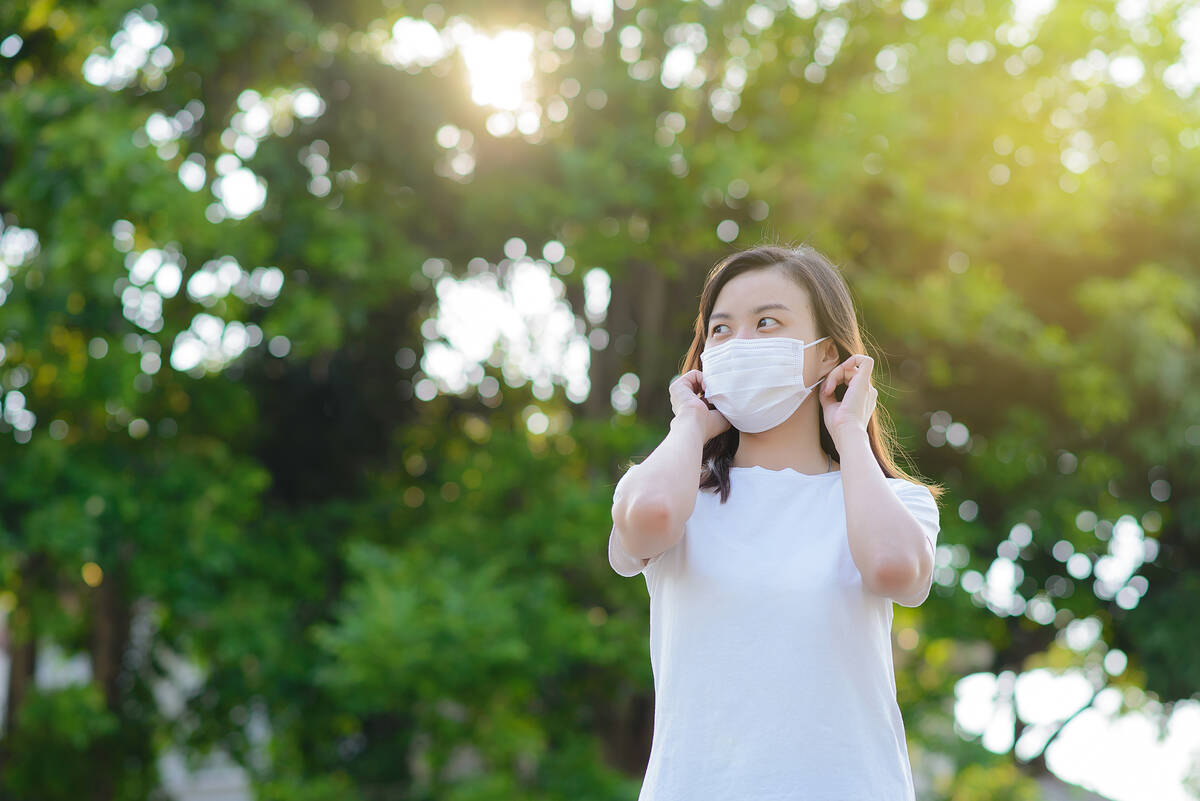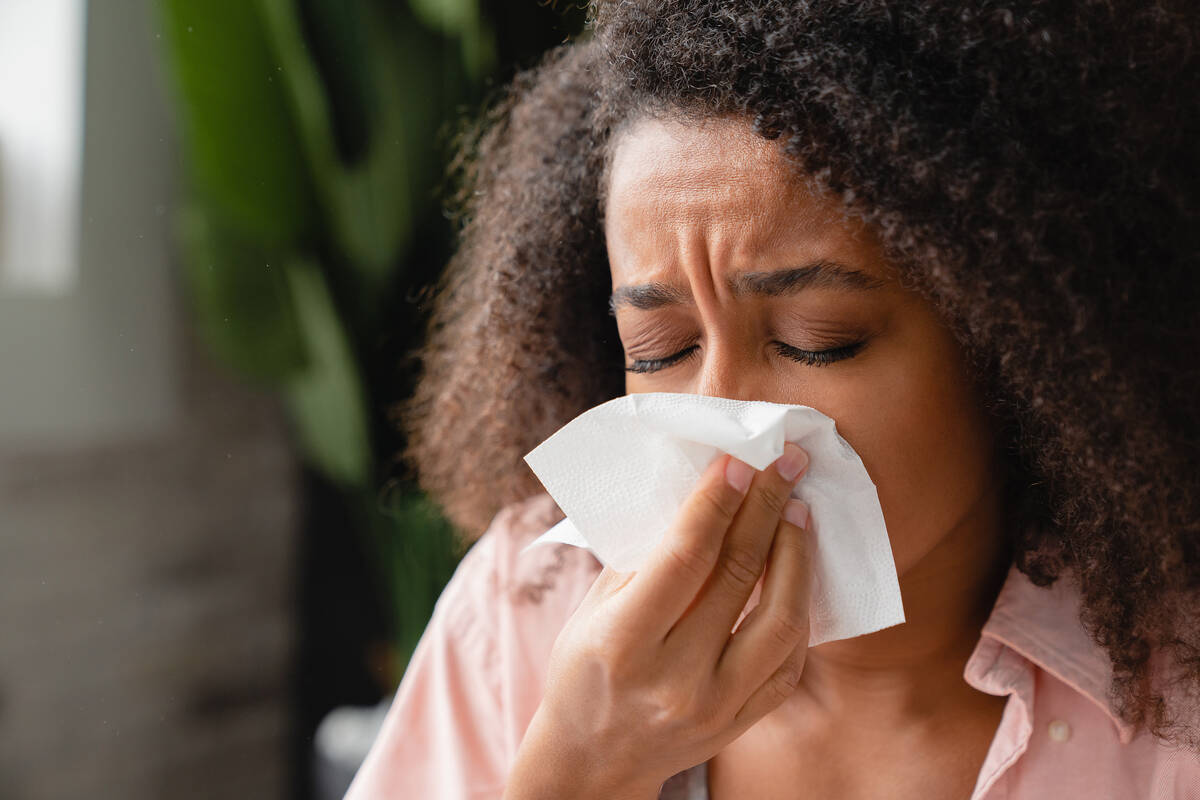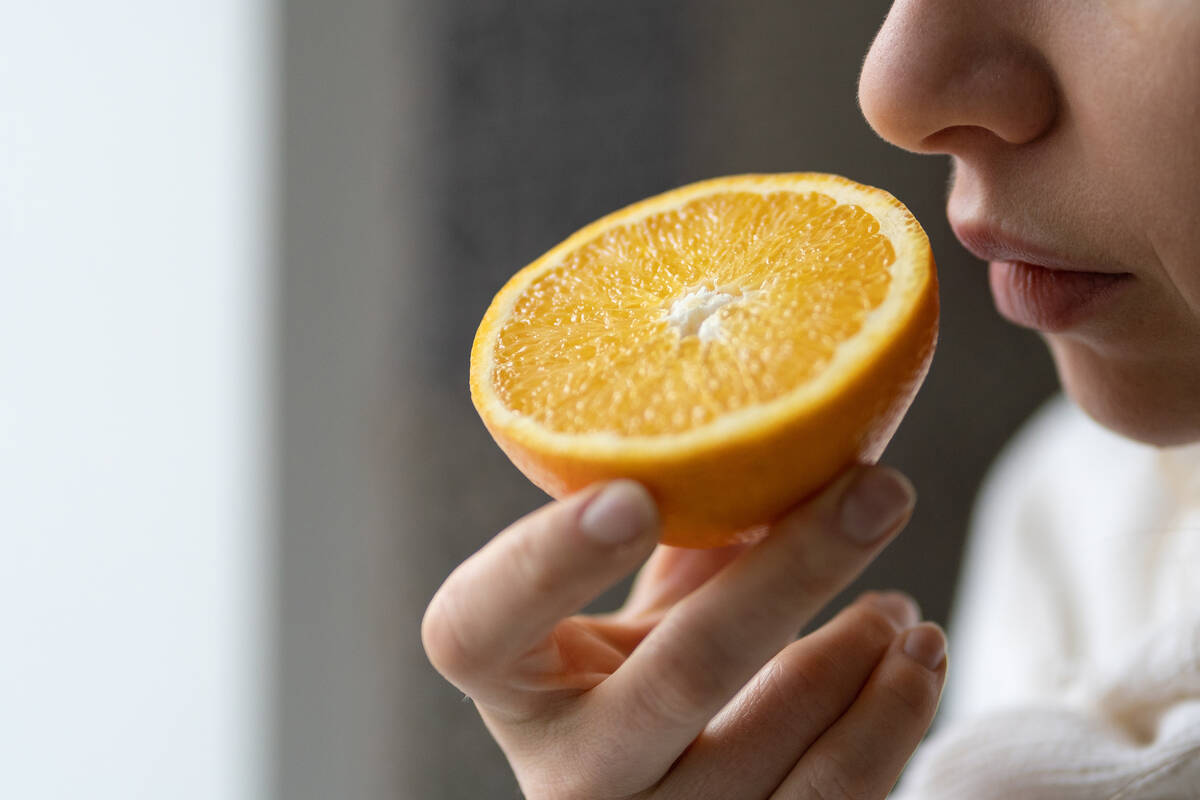Is it allergies or COVID? Doctors outline the key differences
A sneeze is just a sneeze — with apologies to that song from “Casablanca” — except for when it isn’t.
As if the return of allergy season weren’t bothersome enough, the lingering presence of COVID-19 adds another layer of unease to every sneeze, runny nose and sore throat. However, a few quick guidelines can offer allergy sufferers direction in deciding whether that sneeze or runny nose or whatever is an allergy or a potential symptom of COVID-19.
The Asthma and Allergy Foundation of America estimates that more than 100 million Americans have experienced allergies of various types each year and calls allergies the “sixth leading cause of chronic illness in the United States.”
Is it or isn’t it?
The intersection of COVID-19 with allergy season can make self-diagnosing particularly vexing to allergy sufferers such as Dr. Karen Duus, a professor at Touro University Nevada who teaches immunology and microbiology in the university’s osteopathic medicine, physician assistant and health sciences programs.
Duus has seasonal allergies, and last year she was diagnosed with multiple myeloma. She received a stem cell transplant in June, and now, as her immune system continues to rebuild itself, she’s particularly attuned to the arrival of allergy season and deciphering her symptoms.
“I do have allergies and they’re starting to kick in,” she said. “And I have had a couple of COVID shots as well.”
Duus jokes that she was “really hoping” that her allergies would have disappeared as part of the transplant procedure. But, she said, the hematologist informed her, “unfortunately, it doesn’t work like that,” which puts Duus back to facing the “Is it or isn’t it?” question every allergy sufferer has faced during the COVID-19 era.
While allergies and COVID-19 may cause a few similar symptoms, they are different entities. For starters, COVID-19 is a virus. “It’s an infection,” said Dr. Rick Vinuya, chief of allergy at Optum Allergy. COVID-19 also is transmitted from person to person in the form of respiratory droplets via sneezing, coughing or breathing.
In contrast, seasonal allergies are a reaction of the body’s immune system to being exposed to environmental allergens such as tree pollen or animal dander.
The biggest differences
Among the more significant differences between COVID-19 and allergies is “a dramatic loss of smell” that, Vinuya said, can come with the former.
In contrast, symptoms that point toward allergies typically include itching of the eyes, ears and throat, stuffy nose and watery eyes, Vinuya said. “Anything itching is usually allergy.”
Dr. Manas Mandal, a professor at Roseman University of Health Sciences College of Pharmacy, said someone experiencing an allergic reaction almost never will experience diarrhea or a loss of smell or taste.
While shortness of breath can be associated with COVID-19, Mandal said, “an allergy patient rarely shows shortness of breath unless they’re also an asthma patient.”
While those are a few general guidelines, “if you have doubts you can take rapid antigen tests given for COVID,” Mandal said. “Within five minutes, one can know almost with certainty if (they have) become infected with COVID-19.”
Masks and shots
If there is one commonality shared by COVID-19 and allergies, it may be that wearing a properly fitted, quality face mask can offer at least some protection from both.
Duus said she noticed in 2020 and 2021, while wearing face masks because of COVID-19, “my allergies were much milder when I went outside.”
“That’s a very common observation,” Mandal said, and a quality mask can create a physical barrier that can help keep pollen and other allergens from entering the nose.
Similarly, while research isn’t conclusive, “we do know anecdotally that flu was dramatically slowed at the height of COVID,” Vinuya added, although “whether it was the mask or the isolation we really don’t know.”
Many allergy sufferers rely on over-the-counter antihistamines to treat their allergies. But Vinuya said a more effective option are allergy shots that help to, in effect, desensitize the body to exposure to specific allergens.
“Medications are Band-Aids,” Vinuya said. “Allergy shots change the immune system.”
Ultimately, shots offer better control of allergy symptoms, require less medication and can decrease the chance of developing asthma, he added.
“Allergies have been pooh-poohed for decades — ‘It’s just allergies; deal with it.’ It’s been kicked around a little as a secondary illness — ‘It’s not a big deal,’ ” Vinuya said. But allergies can have significant consequences.
Allergies can affect mood, hurt performance at work or school and cause absenteeism, he said.
Also significant: Allergies are “the No. 1 risk factor for developing asthma,” according to Vinuya, as allergy sufferers are two to three times more likely to develop asthma.










